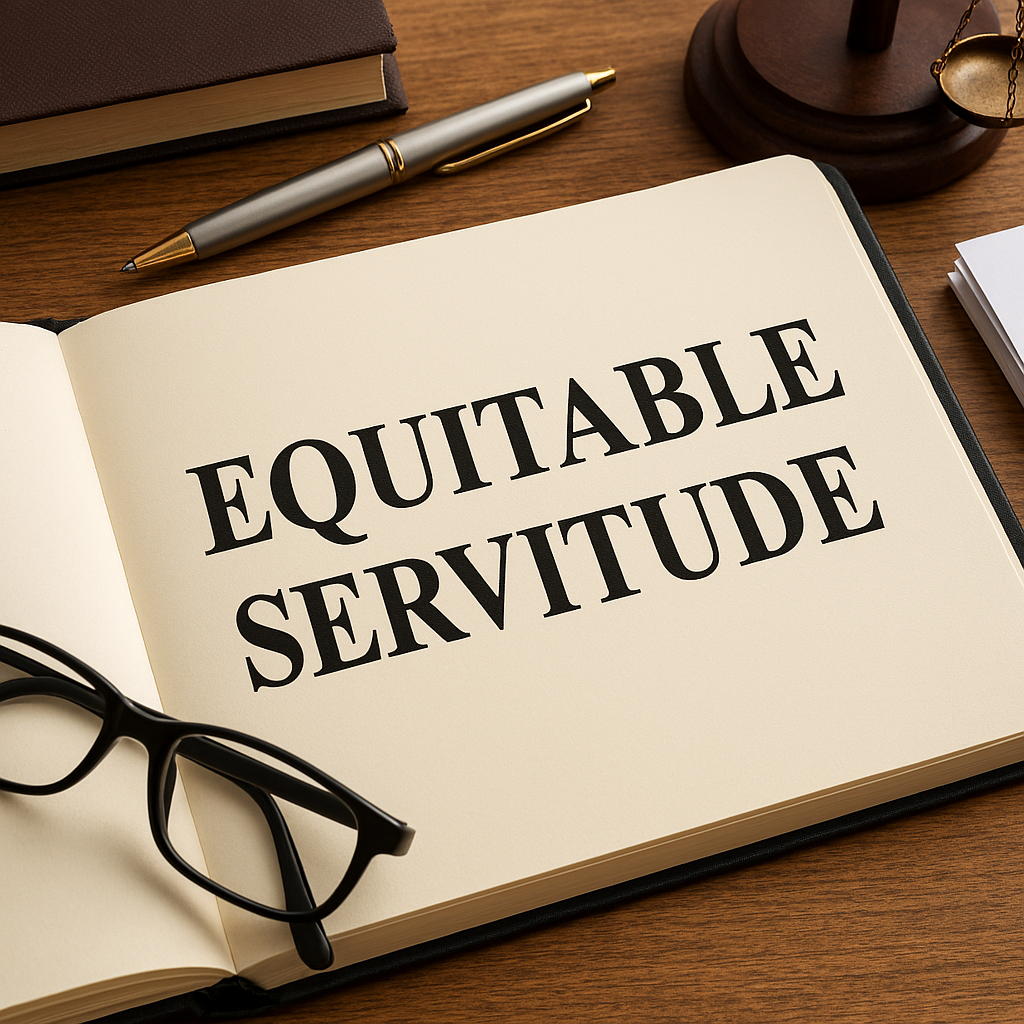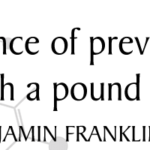More than $5 trillion of commercial real estate-related debt is scheduled to mature by the end of 2024. Significant demand to refinance debt over the next fourteen months will occur regardless of economic conditions.
But current and anticipated economic conditions for commercial real estate owners are not promising. Finding affordable refinancing opportunities will grow increasingly difficult. Making matters worse, lenders remain disinterested in taking action to possess the underlying collateral.
Prudent attorneys are advising clients to start thinking about how their non-recourse loans and guaranties may create future liability.
The first concept is simple: be particularly judicious to avoid the appearance of doing something that could be considered particularly bad. “Bad boy” provisions pierce non-recourse protection. “Bad boy” acts include felonious, fraudulent, tortious, or acts that jeopardize repayment of a loan caused by a failure to use reasonable business judgment. Prime examples include failure to pay taxes, causing liens to be filed on property, and embezzlement. These carve-outs often limit recovery to the actual losses incurred by the lender; however, certain guaranties create full-loan liability where the “bad boy” acts are particularly egregious acts.
Likewise, borrowers and guarantors need to understand what their obligations might be. When there is a specific maximum amount of money expressly stated in the documents, then the review is a five-minute affair. However, this need not be the case. For example, certain loan documents contain “deficiency guaranties” that permit the lender to seek additional compensation from the borrower’s personal assets if the collateral’s value does not cover the full loan amount upon default. Other loan documents may permit a lender to seize bank accounts at other financial institutions that clients may not recall pledging.
Of course, in the course of negotiating loan documents, the parties may have agreed to language specific to that particular transaction. Often times, there are inadvertent typos, additional terms, or failures to delete language in final drafts that may work to your advantage or disadvantage. Everyone makes mistakes. But any such mistake should not be compounded by not reviewing one’s loan documents as loan terms approach expiration. Review by a fresh set of eyes that have never seen the loan documents is a common sense approach.
If I had to give advice it would be to follow the Boy Scouts motto: be prepared.
David Seidman is the principal and founder of Seidman Law Group, LLC. He serves as outside general counsel for companies, which requires him to consider a diverse range of corporate, dispute resolution and avoidance, contract drafting and negotiation, and other issues. He can be reached at david@seidmanlawgroup.com or 312-399-7390.
This blog post is not legal advice. Please consult an experienced attorney to assist with your legal issues.














